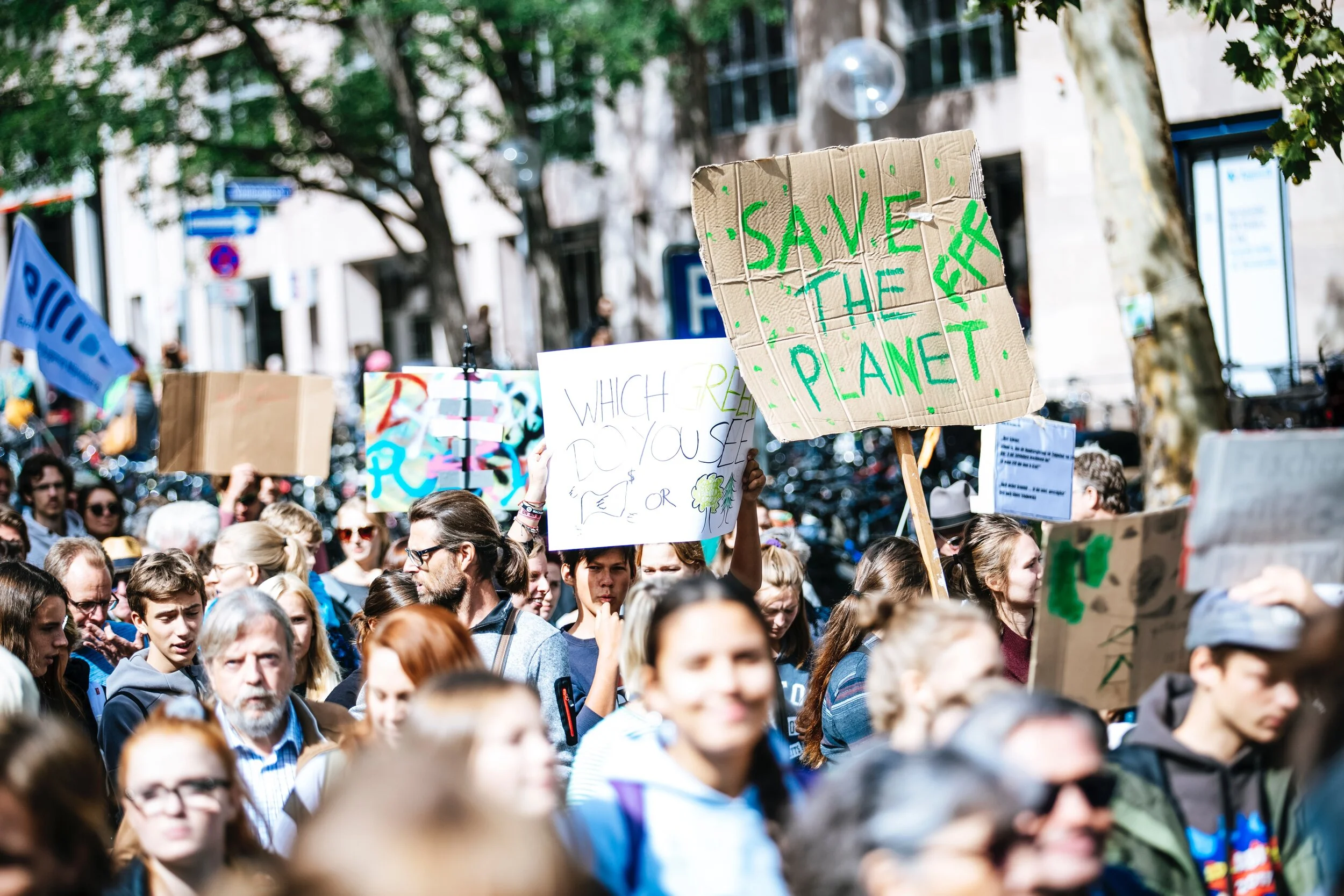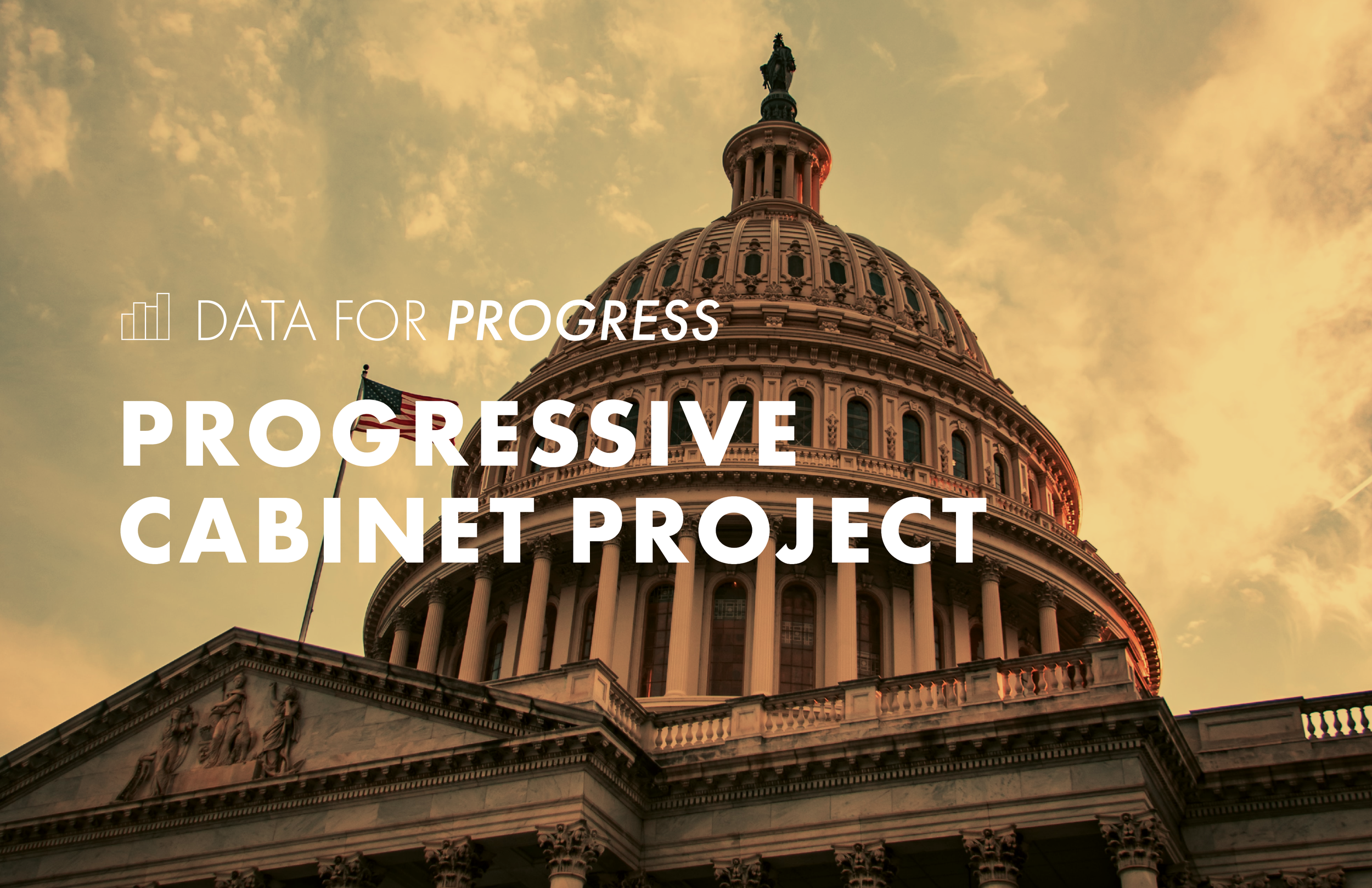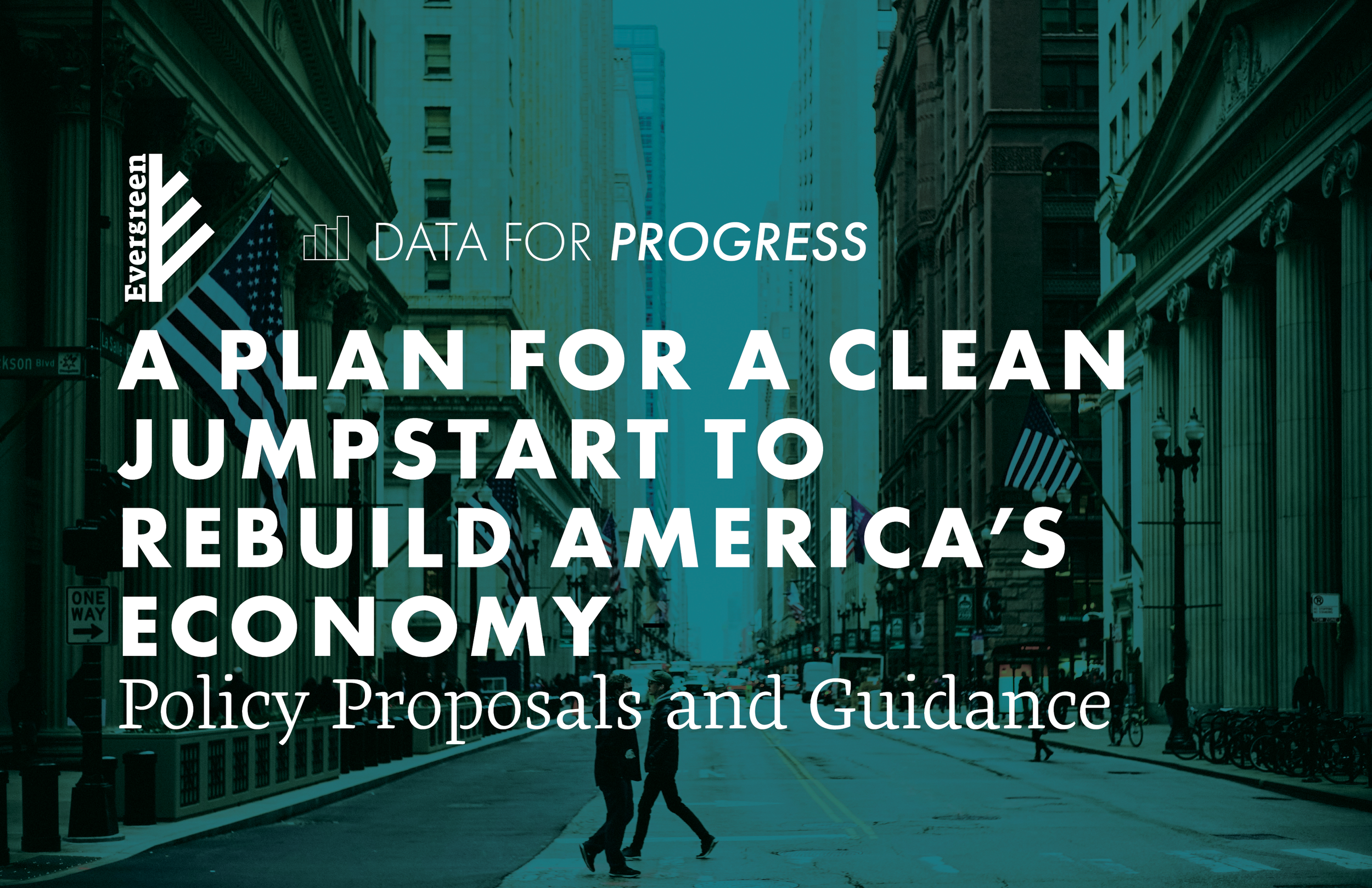Memo: The Case for Cancelling Student Debt
By Marshall Steinbaum Assistant Professor of Economics, University of Utah
Executive Summary
In the space of a few years, the prospect of cancelling outstanding student loans has moved from the far-out fringe of higher education policy reforms to the center of the policy debate, and it could become actual executive branch policy in the very near future. President-elect Joe Biden, with authority over the Department of Education, could issue sweeping debt cancellation with a pen stroke, and he should. Today, more than 44 million Americans hold a total of about $1.6 trillion in student debt, creating significant financial hardship that had reached crisis proportions even before the pandemic triggered massive job losses.
Against this growing urgency, cancellation has attracted a chorus of naysayers from the usual suspects: philanthropically-ensconced wonks who try to gate-keep the public debate. But the acuity of the student debt crisis, the larger economic crisis of the pandemic, and a disposition of political forces that has made every other agreed-upon plan to assuage student debt a non-starter, have all conspired to lift up an idea they were hoping to confine to the fringes.
Indeed, public opinion research consistently shows broad popular support for student debt cancellation, including among non-borrowers. New national polling from Data for Progress and The Justice Collaborative Institute shows that:
55% of voters, including 52% of Republicans, support cancelling all current student debt;
85% of voters, including 76% of Republicans, support cancelling up to $20,000 in student debt per person;
A majority of voters (51%) believe that student debt cancellation should apply universally, to all borrowers, and not just to certain groups such as low-wage workers;
55% of voters support President-elect Joe Biden using executive action to cancel student debt owed to or guaranteed by the federal government;
55% of voters support executive action to cancel up to $75,000 in student debt per person as a response to the pandemic-induced economic crisis.





